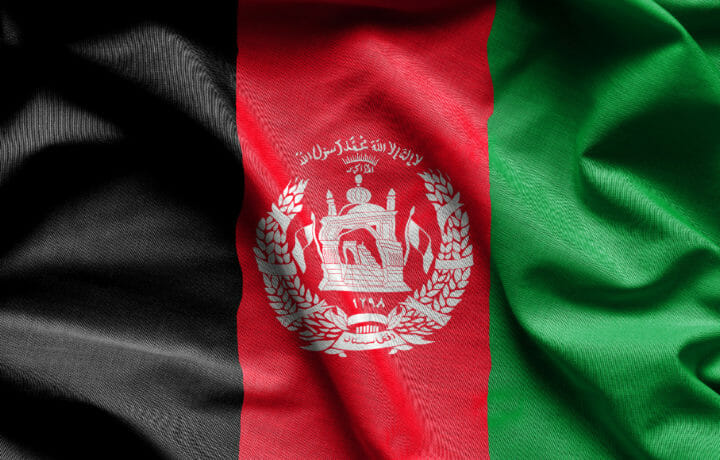Investment in education is a national security multiplier. The U.S. government invests wisely by sending our foreign partners in the security sector to American schools. The private sector furthers this investment by opening “American Universities” in many key locations overseas (see the link to learn more about what makes them “American”). You have likely heard of the American University of Beirut and Cairo, and there are others located in Paris, Dubai, Bosnia and Herzegovina, Armenia, and Iraq etc. This article focuses on the American University of Afghanistan and what has happened since the Taliban-Haqqani network has taken control of Afghanistan.
The American University of Afghanistan (AUAF) is an internationally-supported, private, not-for-profit institution established in 2006. The American style of education, conducted in English, created a pipeline for students to enter post-graduate programs at other universities or to enter the service of their nation by joining the government. Besides bachelor’s degrees, AUAF also offered shorter courses, workshops, and seminars to help ready Afghans for business and public sector employment.
After the Fall
As the Afghan government began to crumble in mid-August, senior leaders in the AUAF network reached out to the U.S. Executive Branch to ensure the students and staff would be prioritized for evacuation before the military withdrew, due to repeated terrorist attacks against them since 2006. With an assurance that they would be taken care of, AUAF felt they were prepared for the inevitable security changes in Kabul. That promise from America was not met.
Students and some staff were placed into the State Department systems for processing, but they were not evacuated. They are now being slowly evacuated, but the process remains murky and frustrating for Afghans. One bright spot is the transfer of 109 students, of the 300 scheduled, to the American University of Iraq in the Kurdish city of Sulaimaniya. Of the original 1,000 AUAF persons in need of evacuation, CNN is reporting that nearly 400 still find themselves stuck in Kabul
What About the Alumni?
As the New York Times noted, the Afghans attending AUAF are “regarded as infidels by the Taliban,” but what about those who have already graduated and have the double threat of retribution for working in the former government or in the private sector? Another promise was made to the alumni of AUAF still living in Afghanistan. They were told they would be evacuated as well by AUAF leaders.
However, the leaders at AUAF have only been evacuating current students. AUAF alumni believe they are being sidelined because the current students are paying fees to AUAF, and those students ensure the flow of funds by USAID and others to keep the school open, online or in person. They view the broken promise of evacuation as possibly a financial matter to AUAF. Even when alumni offered to pool money (up to $2,000 per person) to charter an aircraft the school administration did not come through.
The current AUAF students and approximately 350 alumni live in constant fear. Every day they try to get help, and their pleas go unheeded in DC. This is a failure on the part of the US government to protect the investments they helped to create. These alumni could be moved to safety so they can further themselves professionally abroad to return later when Afghanistan is in need of their talents.
This is a complete waste of talent by the Taliban-Haqqani leadership in Kabul. Their disdain for education and anyone knowledgeable of Western norms is leading to massive economic despair and hunger on a daily basis. If they ensured the safety of some of the alumni, they might be willing to be a part of the near-future of Afghanistan. Instead, the Taliban-Haqqani network are causing a brain drain that will haunt Afghanistan for decades. AUAF students and alumni are continuing to ask when the U.S. will ensure their safety and give them some possibility of a future career that utilizes their excellent education. Kabul is littered with broken promises from the international community right now, and the entire nation is being engulfed by those betrayals.




